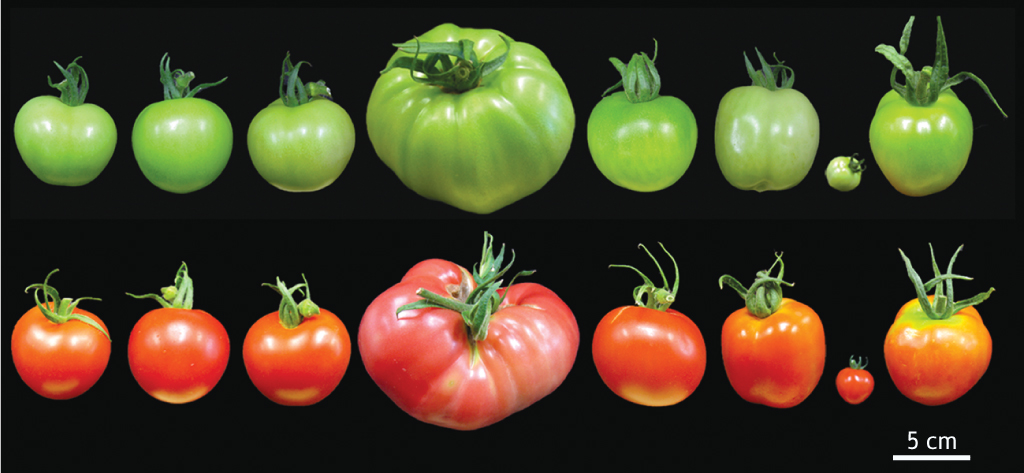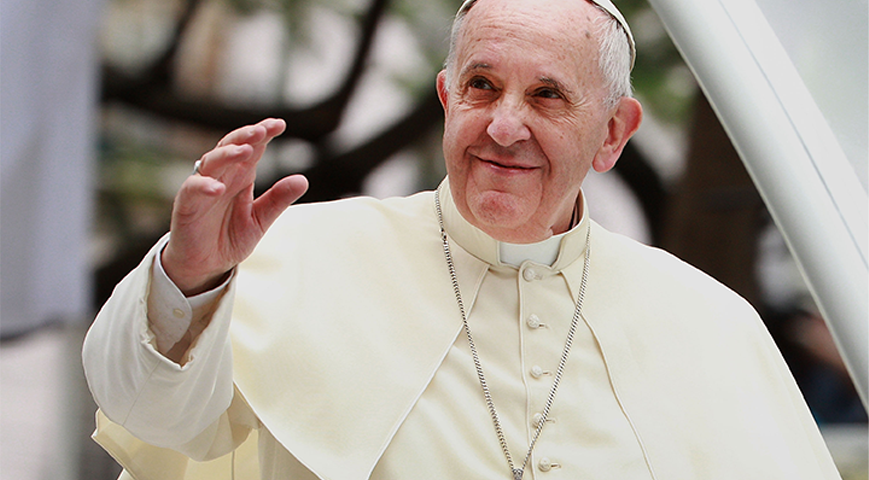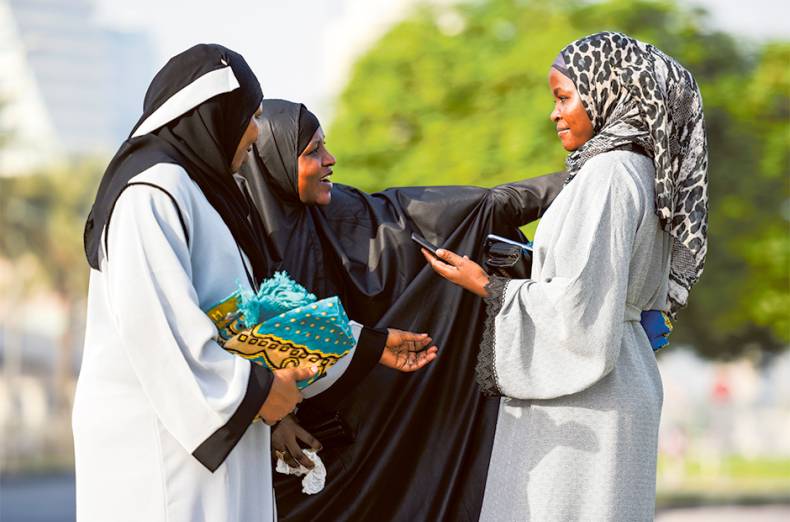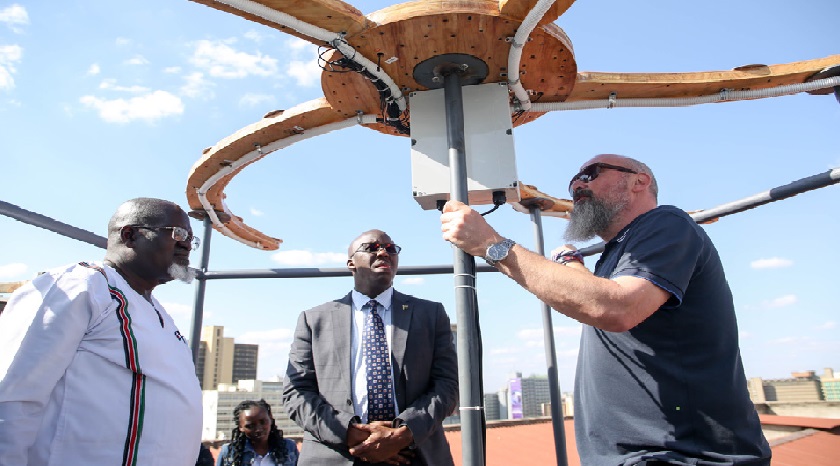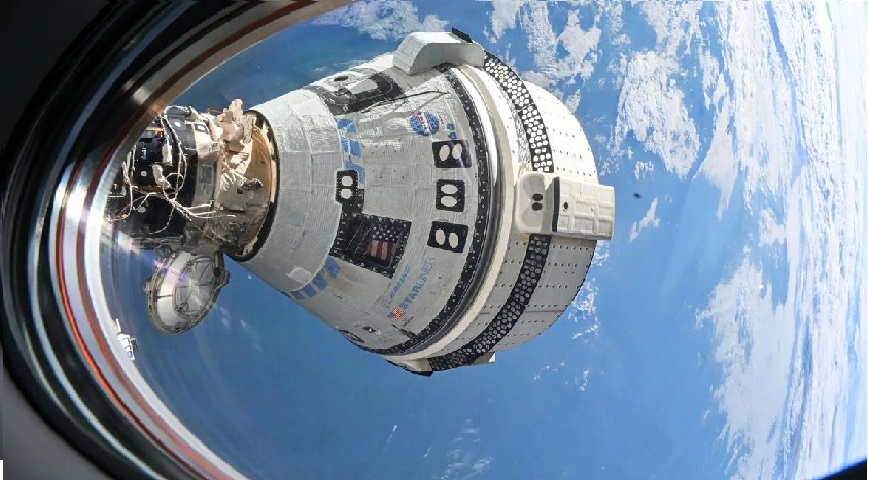NASAC, firmly stated that approved GM products are safe, unlike some negative arguments that came from Kenya.
African agricultural scientists have given the nod to the growing of genetically modified (GM) crops, saying they are safe to eat and have the same nutritional content as others.
GMOs have been a topic in Kenya where people from different political divides have their views about it.
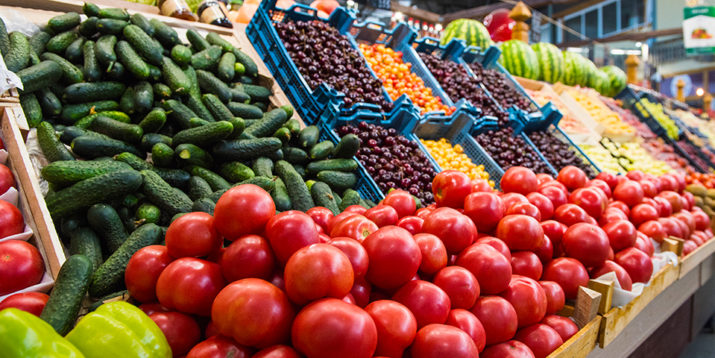
Scientists from the Network of African Science Academies (Nasac) called for African countries to embrace modern biotechnology to improve agricultural productivity.
Did you read this?
Nobert Hounkonnou, the president of Nasac, and Prof Ratemo Michieka, the honorary secretary of the Kenya National Academy of Sciences, led the meeting.
They noted that the whole continent has been embroiled in debates about GMO foods, with the Kenyan High Court suspending their importation and distribution.
When there was a debate concerning NGO's Nasac, through a statement said that approved GM products are safe. Nasac through professor Michieka said Scientific authorities worldwide, such as the US National Academy of Sciences and the United Nations Food and Agriculture Organization have analyzed thousands of scientific studies and concluded that GM food crops do not pose any risk to people, animals, or the environment.
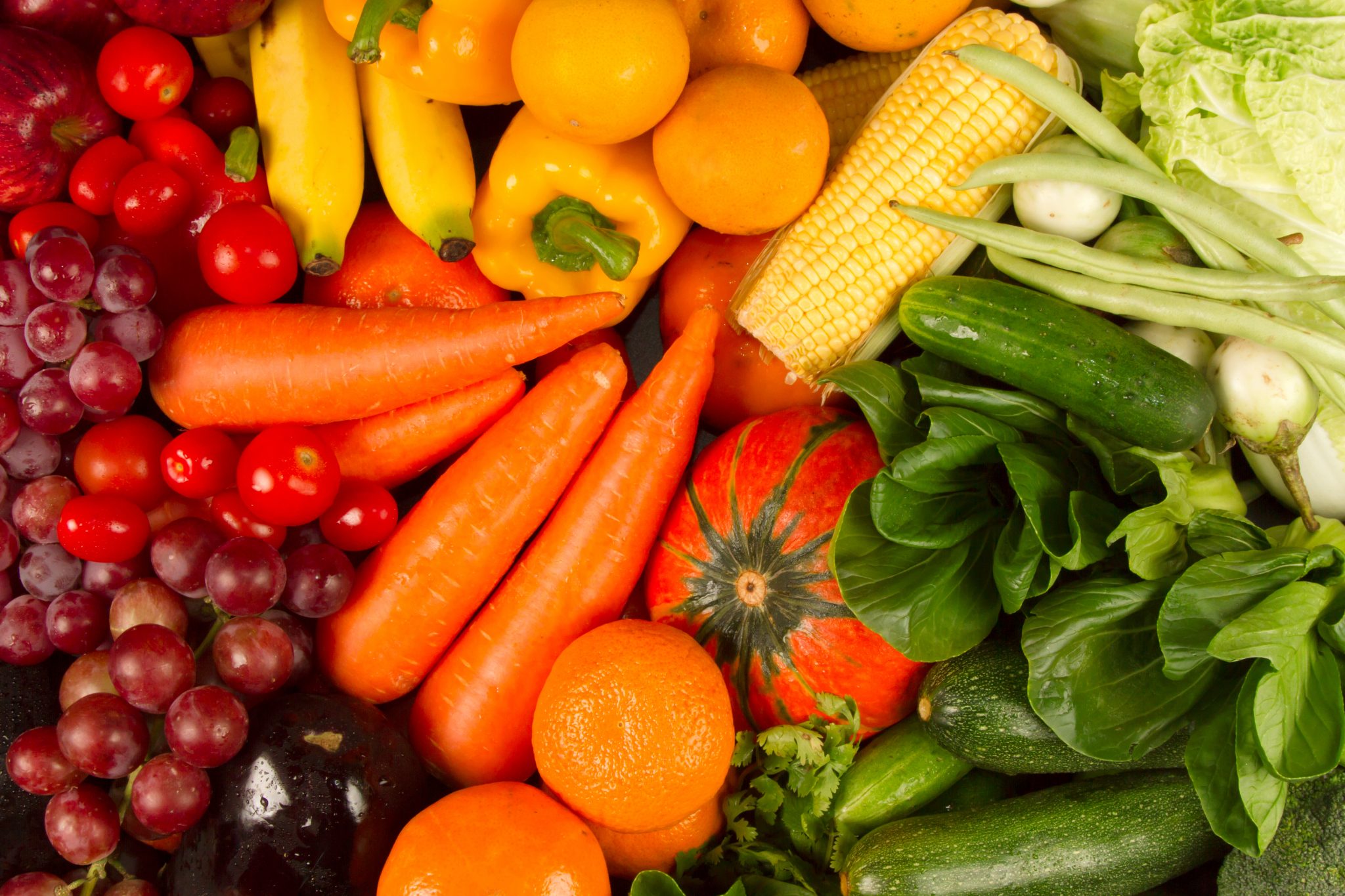
The professor went ahead to state that GM crops today have the same nutrition and composition as non-GM crops.
Prof Michieka asked Africans to commercialize GM crops since they have a history of safe use. He added that since their consumption began 25 years ago, no verified health problems have been reported.
He also said that GM crops have to be reviewed and approved according to national and international scientific protocols before they are released for commercial cultivation.
He added that the 25-year commercialization of GM crops had demonstrated to scientists that they are more productive and that they have increased productivity by 822 million tonnes.
“More than 70 countries have adopted biotech crops, with more than 190 million hectares of biotech crops grown globally,” said Prof Michieka.
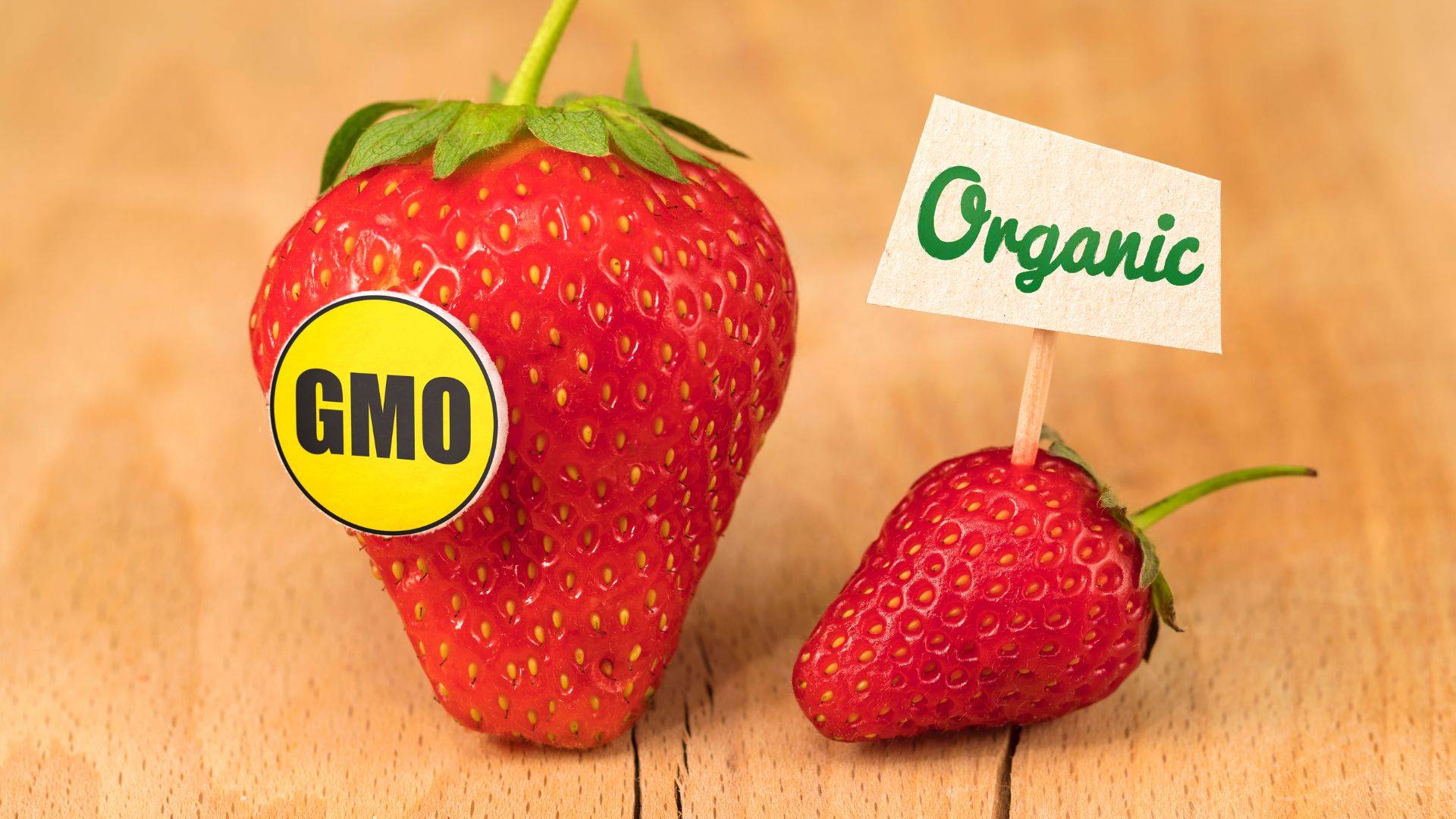
On regulations, Prof Michieka assured Kenyans that the country is able to regulate GM research and products, through competent national biosafety agencies that assess the safety of GM products.
Kenya is a signatory to, the Cartagena Protocol on Biosafety, which mandates the country to ensure that living-modified organisms resulting from modern biotechnology are safely handled, transported, and used to benefit human health.

